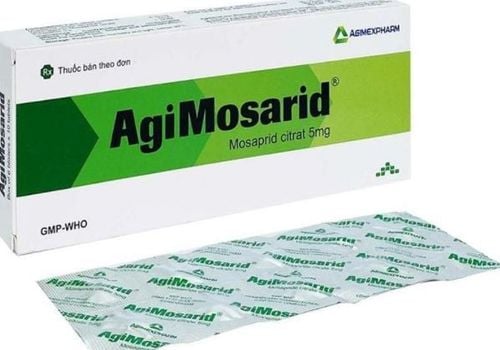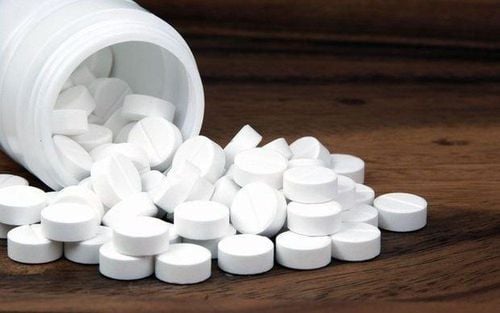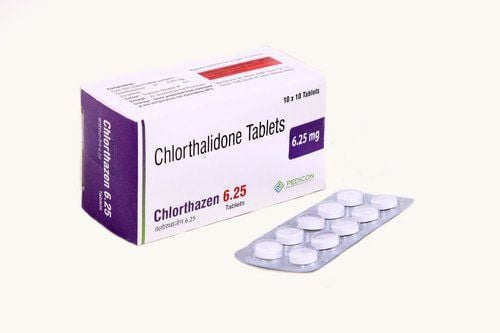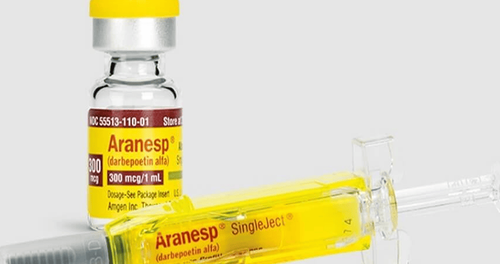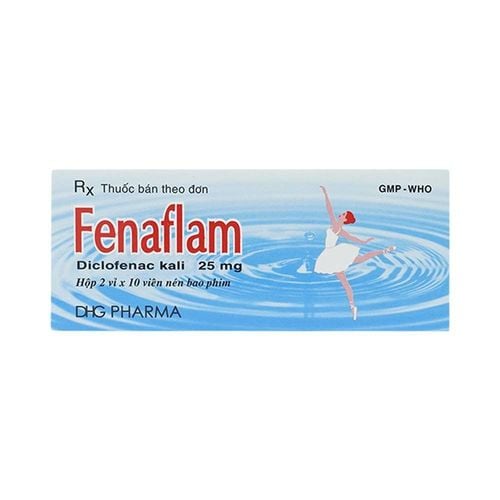This is an automatically translated article.
Posted by Pharmacist Nguyen Thu Giang - Clinical Pharmacist - Faculty of Pharmacy - Vinmec Times City International Hospital
Kalimate is an ion exchange resin recommended for the treatment of hyperkalemia associated with urinary retention or severe oliguria. It is also used to treat hyperkalemia in patients requiring long-term, regular dialysis and hemodialysis.
1. Uses of the drug Kalimate 5g
Kalimate is an ion exchange resin recommended for the treatment of hyperkalemia associated with urinary retention or severe oliguria. Besides, the drug is also used to treat hyperkalemia in patients requiring dialysis, regular and prolonged hemodialysis.
After oral administration or rectal enema, the calcium ions of calcium polystyrene sulfonate in the composition of the drug will exchange with potassium ions in the intestine, especially in the colon, after which the drug is eliminated as unchanged polystyrene sulfonate resin. in feces. Next, potassium in the digestive tract will be eliminated from the body.
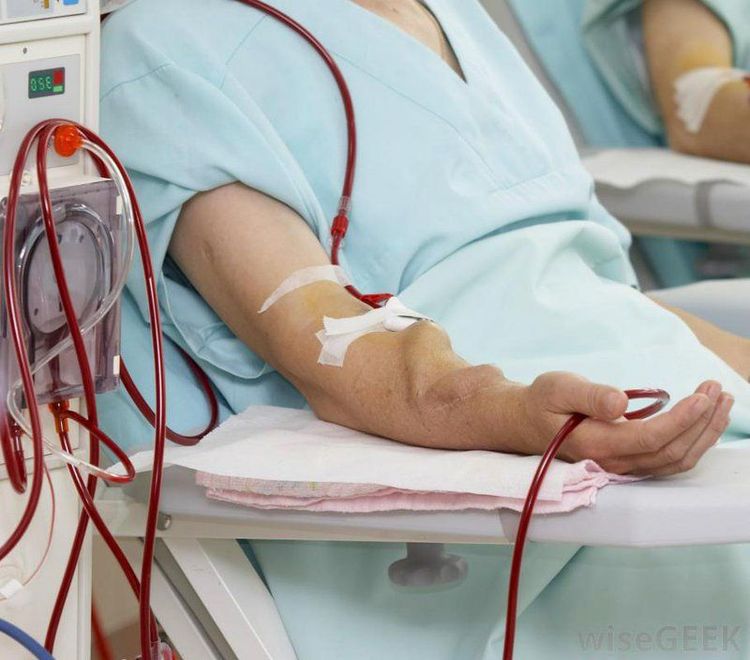
2. Care should be taken when using Kalimate
When using kalimate 5g, it is necessary to be very careful in the following points:
Do not use with sorbitol: patients taking calcium polystyrene sulfonate may have gastrointestinal narrowing, intestinal ischemia and cause necrotizing complications , intestinal perforation can lead to death, especially when used with sorbitol Hypokalemia: because the drug removes potassium from the body, it can cause severe hypokalemia, requiring close monitoring of electrolytes and discontinuation of the drug. when blood potassium drops below 5mmol/L. Other electrolyte disturbances: like all cation exchange resins, calcium polystyrene sulfonate is not completely selective for potassium. Cases of hypocalcemia or hypercalcemia may occur. Therefore, it is necessary to closely monitor electrolytes when taking this drug. For infants and young children: The drug should be administered rectally, not orally, while monitoring for signs of gastrointestinal bleeding or colon necrosis, especially in premature or low birth weight infants. In case of drug overdose, patients may have symptoms of severe hypokalemia such as: excitation, confusion, slow thinking, weakness, increased reflexes and finally muscle paralysis, especially respiratory muscles, causing cessation of breathing. breathe. Then it is necessary to balance electrolytes such as replacing potassium (if blood calcium is low) and removing the drug from the body by using an enema or enemas.
Kalimate is an ion exchange resin recommended for the treatment of hyperkalemia associated with urinary retention or severe oliguria. In order for the drug to work at its best, the patient must strictly follow the procedure of use or follow the instructions of the doctor.
Please dial HOTLINE for more information or register for an appointment HERE. Download MyVinmec app to make appointments faster and to manage your bookings easily.
TLTK: SPC





